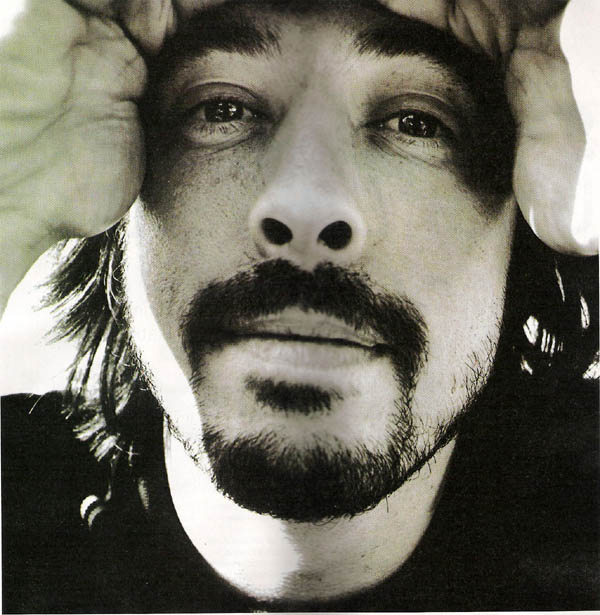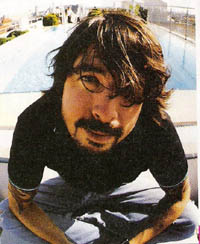The Big Issue
Foo Fighters front man Dave Grohl has long since been regarded as rock's Mr Nice Guy, but is there some darkness behind the sweetness and light?
 Dave Grohl hasn't said anything for nearly 30 seconds. "What do you mean what was the last really horrible thing I did?" he asks finally. Grohl is routinely referred to as The Nicest Man In Rock. But no one can be nice all the time, so ... "That's probably the kind of thing that I wouldn't want to reveal in an interview," he says with narrowed eyes. "But I'm not the Pope." So what was the last bad thing he did, then? "The bad things?" he says incredulously. "I'm not going to tell you the bad things. I'm going to ride out this nicest guy in rock thing for as long as I can."
Dave Grohl hasn't said anything for nearly 30 seconds. "What do you mean what was the last really horrible thing I did?" he asks finally. Grohl is routinely referred to as The Nicest Man In Rock. But no one can be nice all the time, so ... "That's probably the kind of thing that I wouldn't want to reveal in an interview," he says with narrowed eyes. "But I'm not the Pope." So what was the last bad thing he did, then? "The bad things?" he says incredulously. "I'm not going to tell you the bad things. I'm going to ride out this nicest guy in rock thing for as long as I can."  "We've got the plane," says Grohl, a reference to Led Zeppelin's famous flying circus of groupies and drug dealers. "We just don't have all the coke and pussy. I think that's why we're here 10 years later."
"We've got the plane," says Grohl, a reference to Led Zeppelin's famous flying circus of groupies and drug dealers. "We just don't have all the coke and pussy. I think that's why we're here 10 years later."